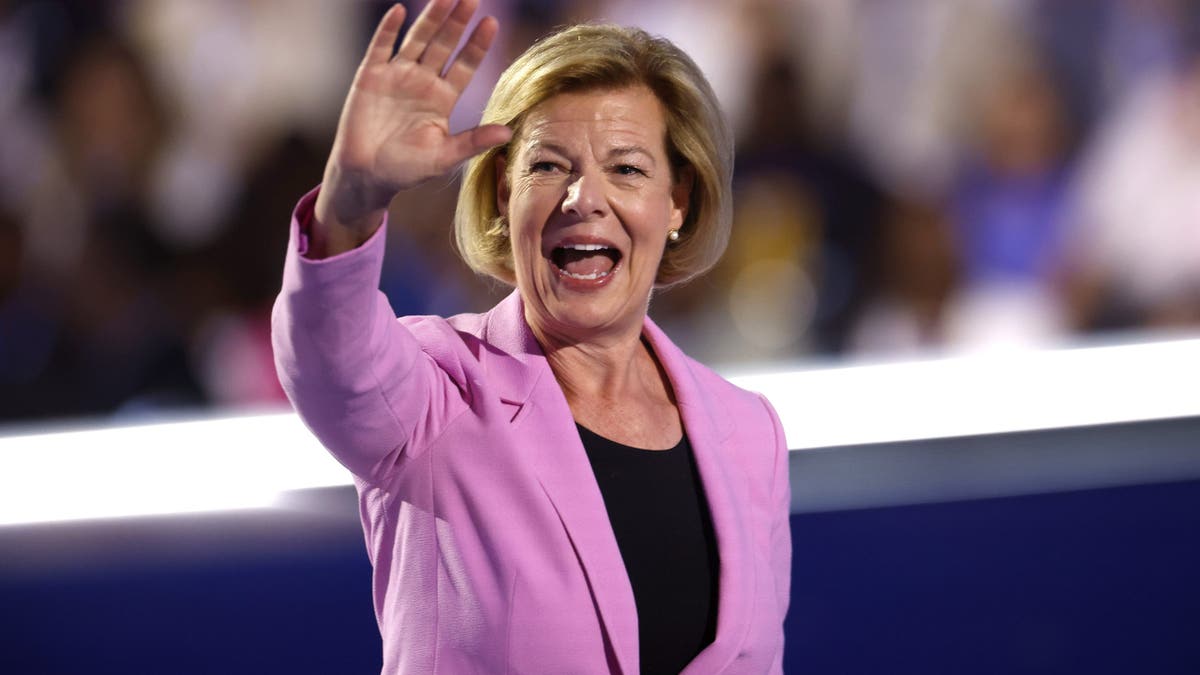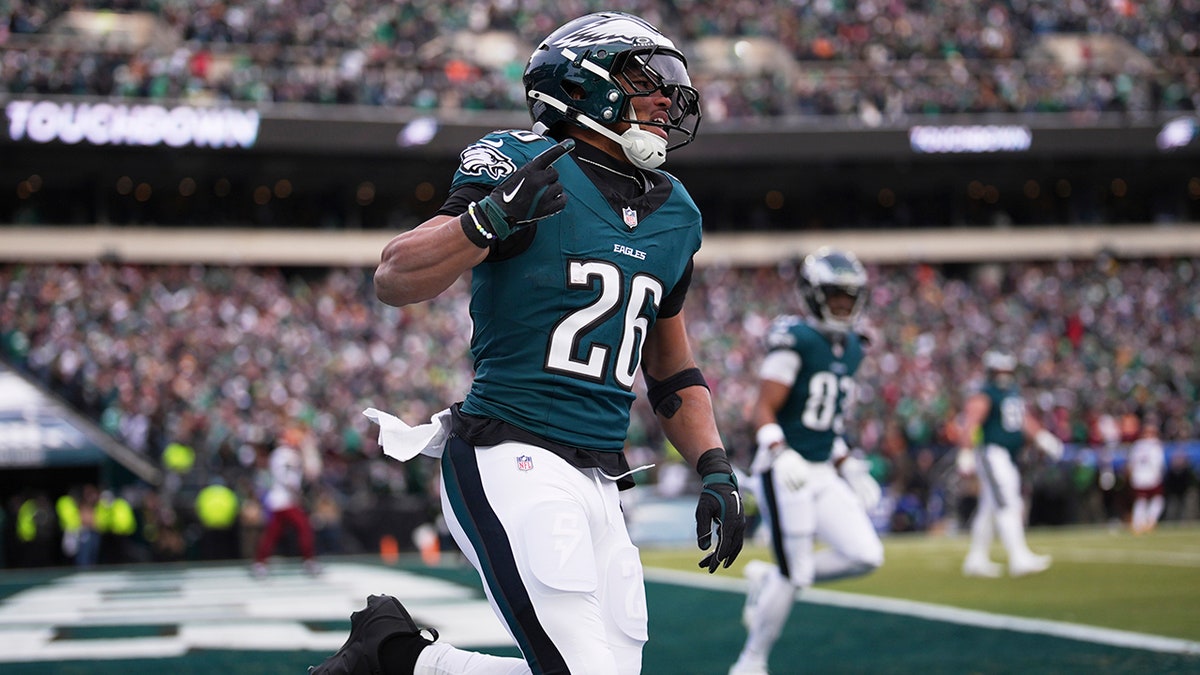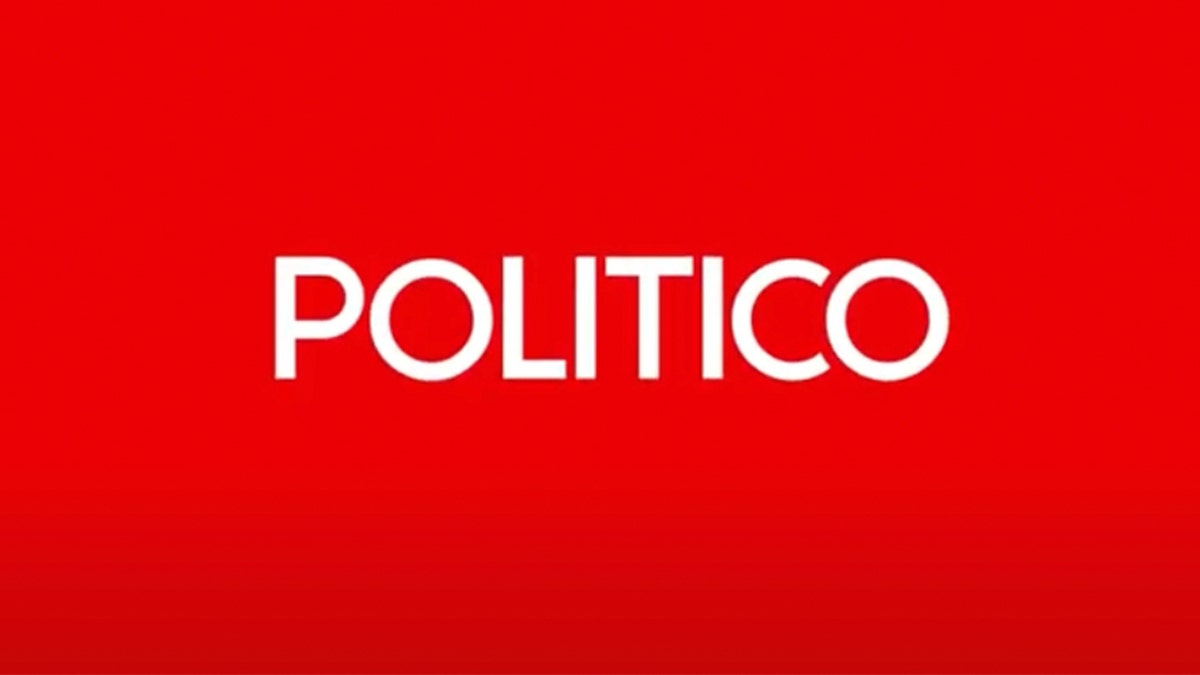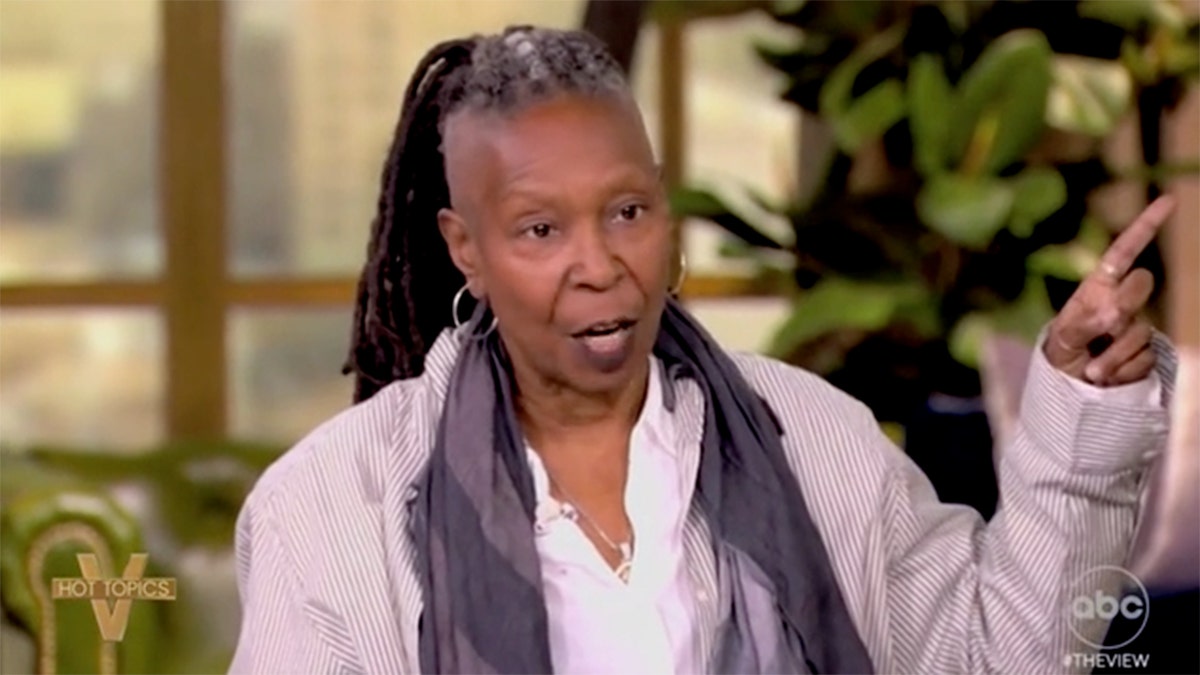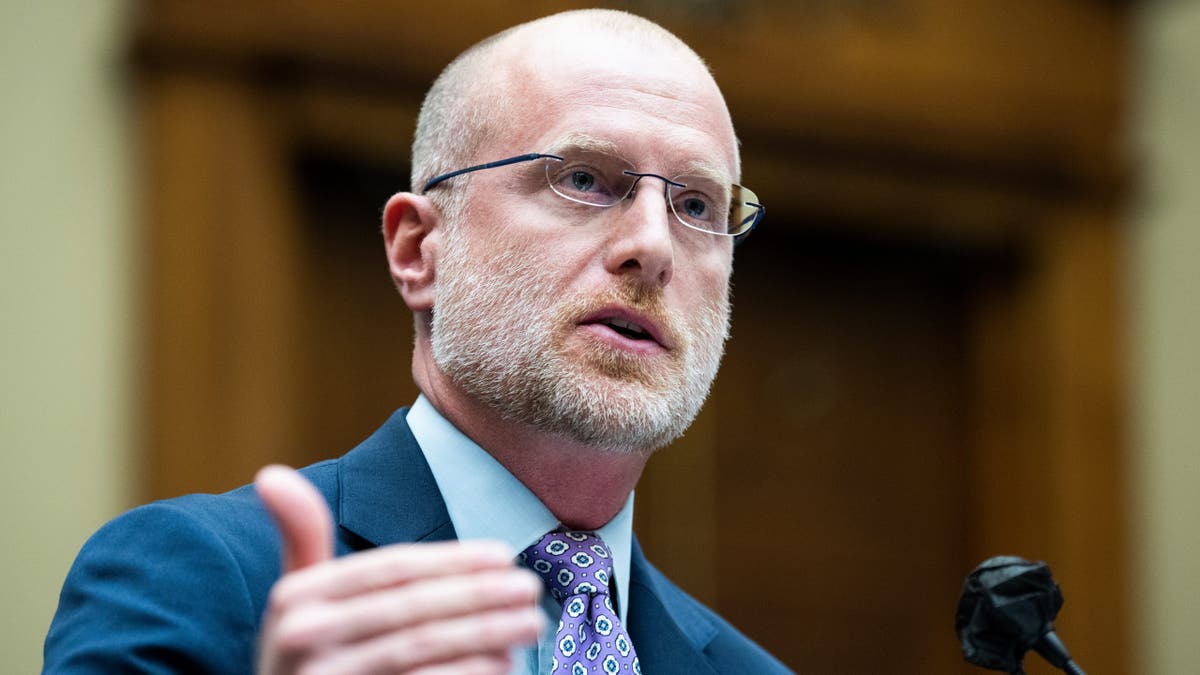Following a significant election loss, the Democratic Party faces a challenging path back to power. The legacy of recent economic struggles and foreign policy challenges presents a steep hurdle. Just as Charles Manatt took the helm of the DNC after the 1980 defeat, the party now seeks a leader to navigate its rebuilding phase.
The current political climate, marked by strong ideological divisions, adds complexity to this task. Regardless of who leads the DNC, the party must contend with influential voices from its progressive wing. This internal struggle mirrors past challenges, such as those faced by Manatt and his successors, who needed over a decade and a moderate candidate to regain the presidency.

The party's recent performance raises concerns about a potential extended period out of power, similar to the post-Carter years. Low approval ratings and a perceived lack of strong leadership contribute to this apprehension. The contrast with the opposing party's president-elect, who projected confidence and accessibility in recent appearances, further underscores the Democrats' challenges.
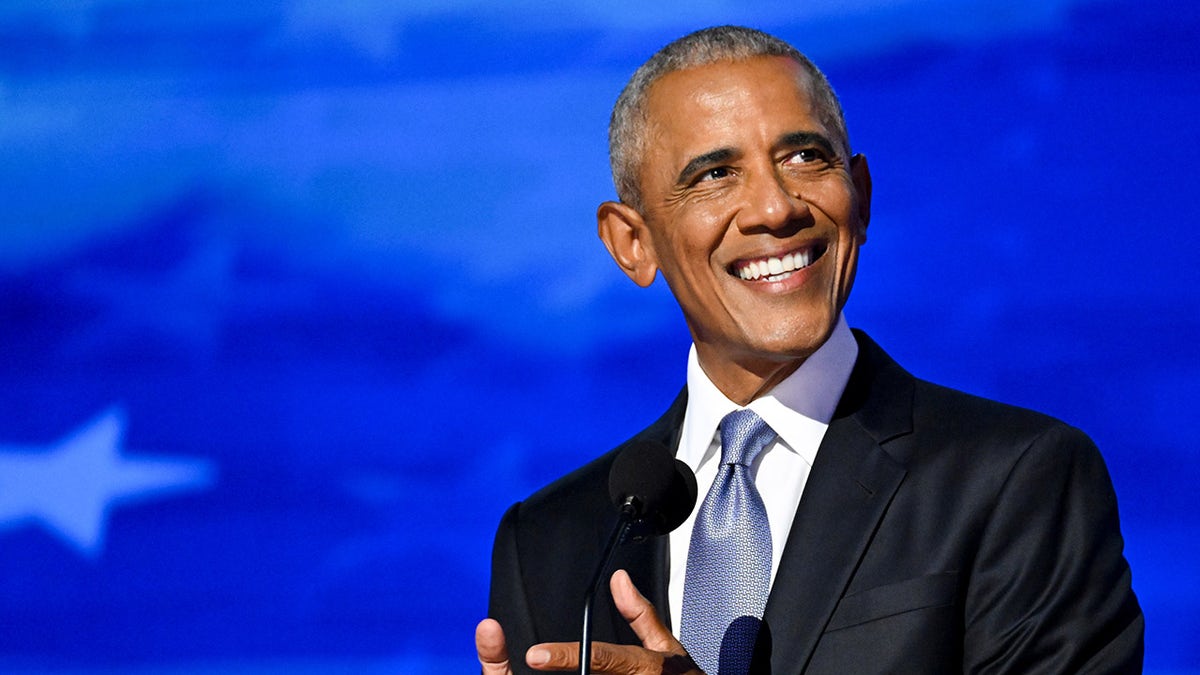
Key policy issues, such as border security, tax reform, and social issues, will likely shape the political landscape in the coming years. The Democratic Party's ability to adapt its platform and messaging to address these concerns will be crucial for its resurgence. If the party remains firmly entrenched in its current ideological stance, it risks further alienating voters and prolonging its time out of office. A return to the political center may be necessary to regain broader appeal and electoral success.

